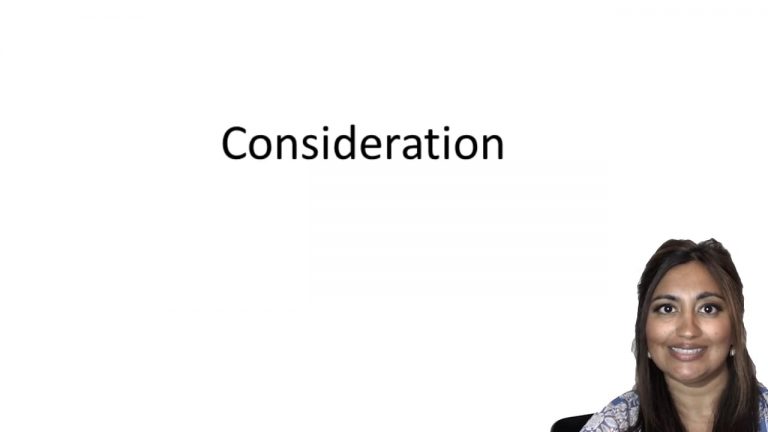Contracts Keyed to Murphy
Hoffman v. Red Owl Stores, Inc.

ProfessorMelissa A. Hale
CaseCast™ – "What you need to know"
Facts
In 1959 Plaintiff, the owner/operator of a bakery contacted Defendant with the idea of establishing a Red Owl franchise in his city, Wautoma. In anticipation of an agreement with Defendant, Plaintiff bought a small grocery store in Wautoma and operated it so that he could learn the grocery business. After Defendant saw that Plaintiff was profiting, it suggested that he would have to move, because their stores were located in larger cities. Plaintiff, at that time, sold his bakery, and the Wautoma store, moved his family to Cilton and put a down-payment on a lot for the Red Owl store. Throughout the course of dealing, Plaintiff made it clear to Defendant that he could not afford more than an $18,000.00 capital investment. While Plaintiff was initially assured this would be adequate, before the closing of negotiations, Defendant told Plaintiff he would have to come up with $26,000.00, in order for the deal to go through. Plaintiff involved his father-in-law in the investment pro cess (who offered capital in the amount of $13,000), and wanted to make him a partner in the store. At that point, Defendant asked Plaintiff to have his father-in-law disavow his investment as an “absolute gift” and relinquish his rights in the store. Plaintiff did not agree to this arrangement and filed suit. At the trial level, the court awarded Plaintiff his moving and rental expenses and reasonable compensation for the sale of the bakery and Wautoma store fixtures and inventory. The court granted a new trial on the issue of the store fixtures and inventory, and both parties appealed.
Only StudyBuddy Pro offers the complete Case Brief Anatomy*
Access the most important case brief elements for optimal case understanding.
*Case Brief Anatomy includes: Brief Prologue, Complete Case Brief, Brief Epilogue
- The Brief Prologue provides necessary case brief introductory information and includes:
Topic:
Identifies the topic of law and where this case fits within your course outline.Parties:
Identifies the cast of characters involved in the case.Procedural Posture & History:
Shares the case history with how lower courts have ruled on the matter.Case Key Terms, Acts, Doctrines, etc.:
A case specific Legal Term Dictionary.Case Doctrines, Acts, Statutes, Amendments and Treatises:
Identifies and Defines Legal Authority used in this case.
- The Case Brief is the complete case summarized and authored in the traditional Law School I.R.A.C. format. The Pro case brief includes:
Brief Facts:
A Synopsis of the Facts of the case.Rule of Law:
Identifies the Legal Principle the Court used in deciding the case.Facts:
What are the factual circumstances that gave rise to the civil or criminal case? What is the relationship of the Parties that are involved in the case.Issue(s):
Lists the Questions of Law that are raised by the Facts of the case.Holding:
Shares the Court's answer to the legal questions raised in the issue.Concurring / Dissenting Opinions:
Includes valuable concurring or dissenting opinions and their key points.Reasoning and Analysis:
Identifies the chain of argument(s) which led the judges to rule as they did.
- The Brief Prologue closes the case brief with important forward-looking discussion and includes:
Policy:
Identifies the Policy if any that has been established by the case.Court Direction:
Shares where the Court went from here for this case.
Topic Resources

 12m 9s
12m 9s